Amazon, the e-commerce giant known for its speedy Prime delivery, is facing a firestorm of controversy over allegations of discriminatory practices that have left some customers feeling betrayed and outraged.

The Shocking Truth About Amazon’s Delivery Practices
In a stunning revelation, the District of Columbia’s Attorney General has filed a lawsuit against Amazon, accusing the company of covertly depriving residents in certain ZIP codes of the high-speed delivery promised by their Prime memberships. The lawsuit alleges that since 2022, Amazon has ‘secretly excluded’ two ‘historically underserved’ ZIP codes in the nation’s capital from its expedited delivery service, while still charging Prime members living there the full subscription price.
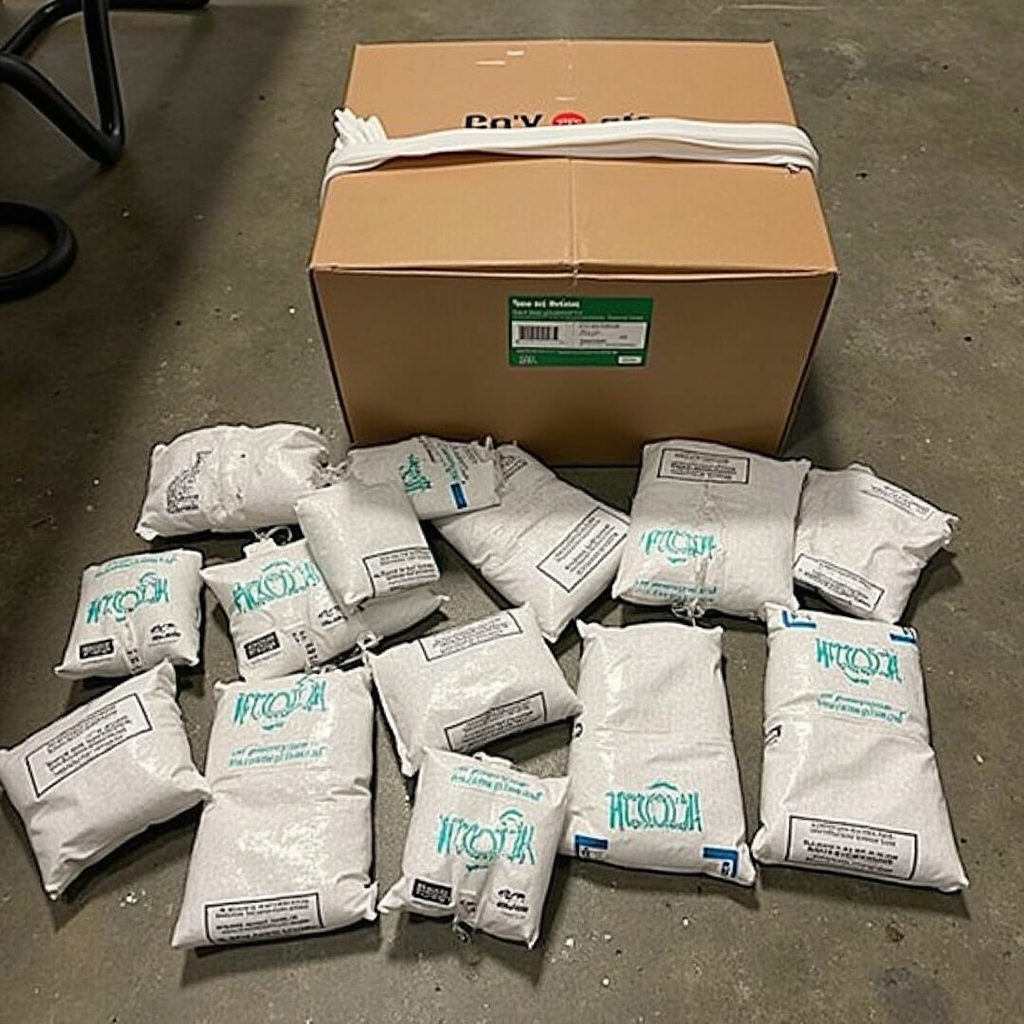
Zip Codes Left Behind: Amazon’s Controversial Decision
According to the complaint, Amazon stopped using its own delivery trucks to shuttle packages in the ZIP codes 20019 and 20020, which span neighborhoods in Southeast and Northeast D.C. Instead, the company relied on outside carriers like UPS and the U.S. Postal Service to make deliveries in these areas. This decision caused residents in these ZIP codes, which are the second and fourth most populous in D.C., to experience ‘significantly longer delivery times than their neighbors in other District ZIP codes, despite paying the exact same membership price for Prime.’
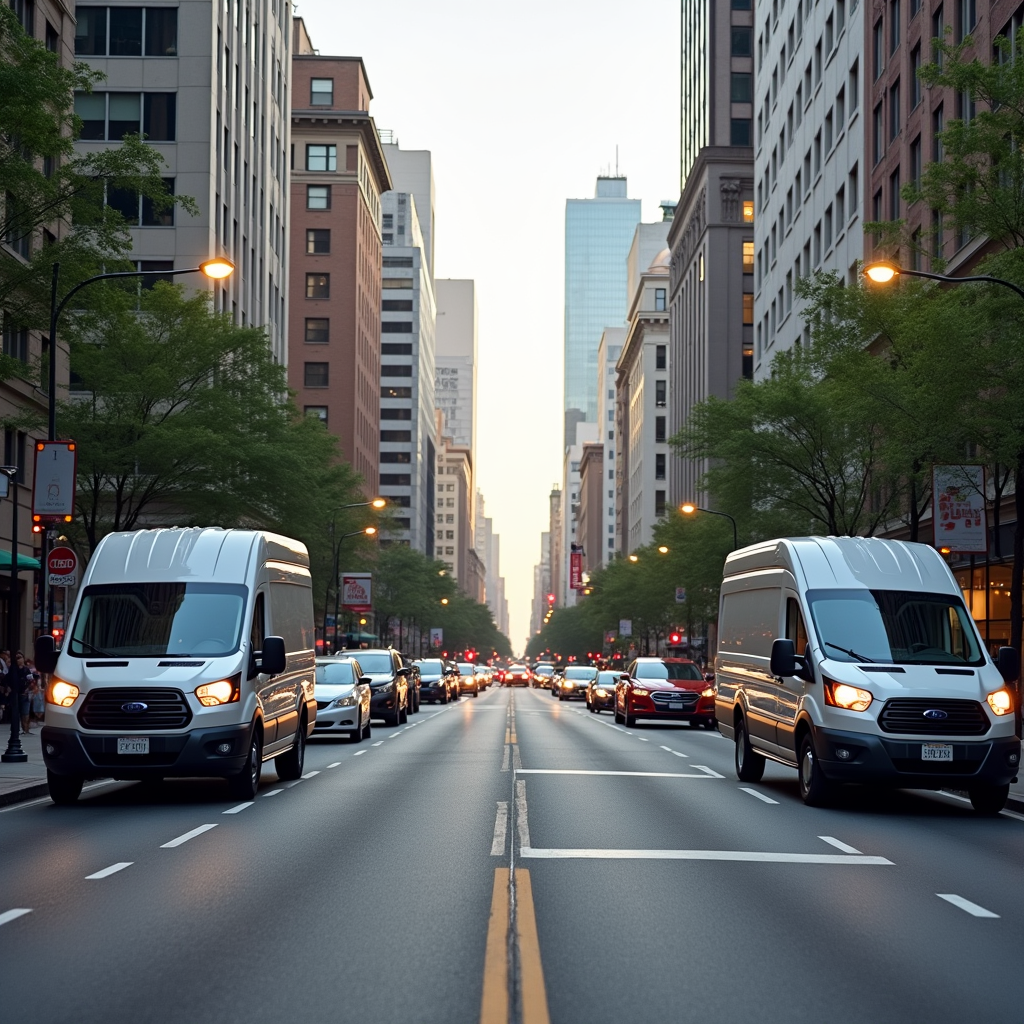
The Untold Story: How Amazon Betrayed Loyal Customers
According to Schwalb’s complaint, Amazon never communicated the delivery exclusion to Prime members in the affected areas. When consumers in these ZIP codes complained to Amazon about slower delivery speeds, the company claimed it was due to circumstances outside its control, rather than acknowledging its own policy change. This lack of transparency has left many loyal customers feeling betrayed and misled by a company they trusted.

Exposed: Amazon’s Shady Tactics That Will Leave You Stunned
The lawsuit has shed light on Amazon’s internal policies that allow the company to exclude certain areas from being served by its in-house delivery network if a driver experiences ‘violence, intimidation or harassment.’ However, critics argue that this policy unfairly targets and penalizes entire communities based on isolated incidents, rather than addressing the root causes of safety concerns or exploring alternative solutions.
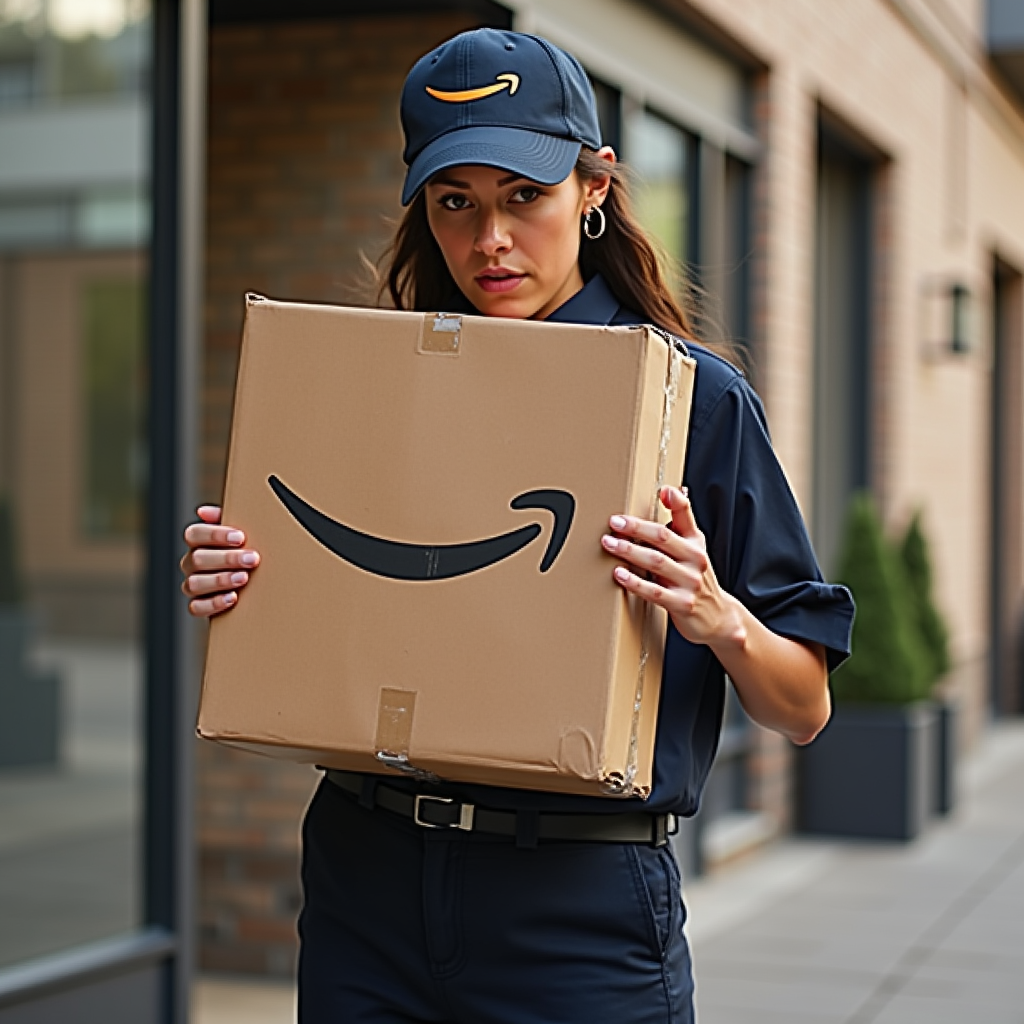
Act Now or Pay the Price: Amazon’s Alarming Delivery Disparity
As the legal battle unfolds, consumer advocates and lawmakers are calling for greater transparency and accountability from Amazon. The Federal Trade Commission has also sued Amazon, accusing the company of tricking consumers into signing up for Prime and ‘sabotaging’ their attempts to cancel by employing deceptive tactics. With mounting pressure, Amazon may be forced to reevaluate its delivery policies and practices to ensure fairness and equal treatment for all customers, regardless of their ZIP code.


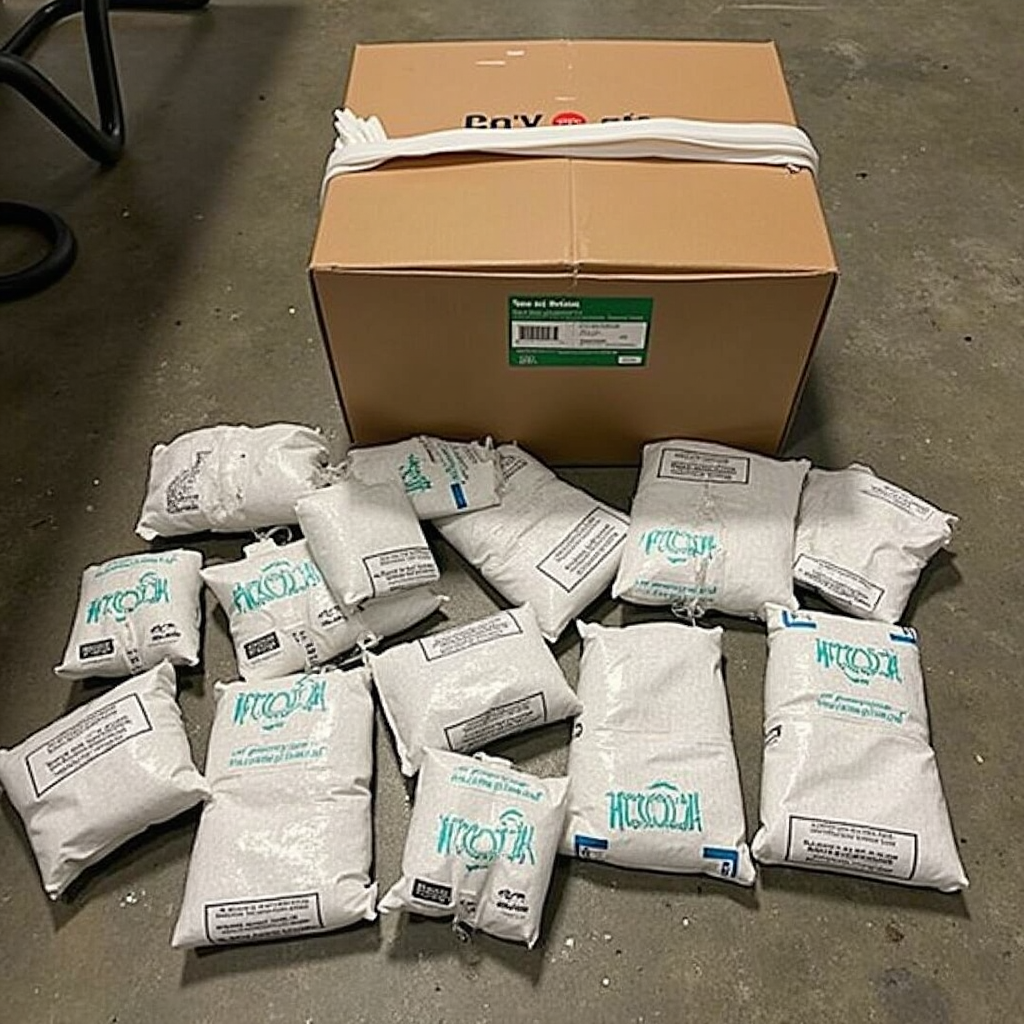


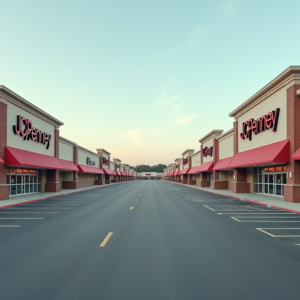
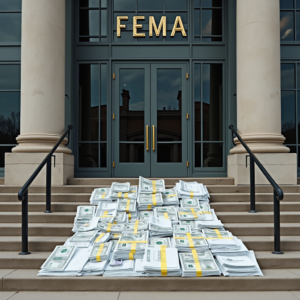






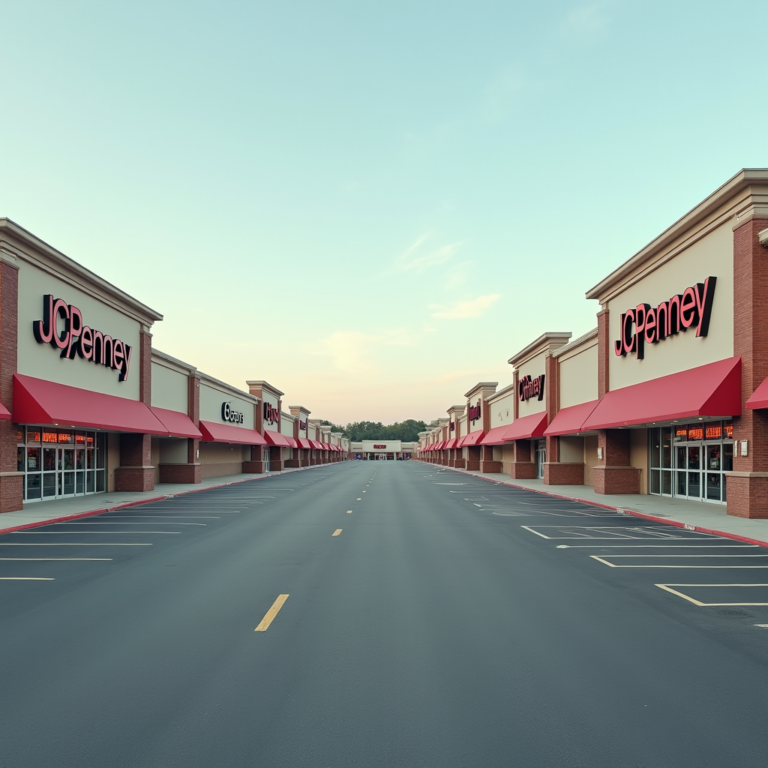


+ There are no comments
Add yours